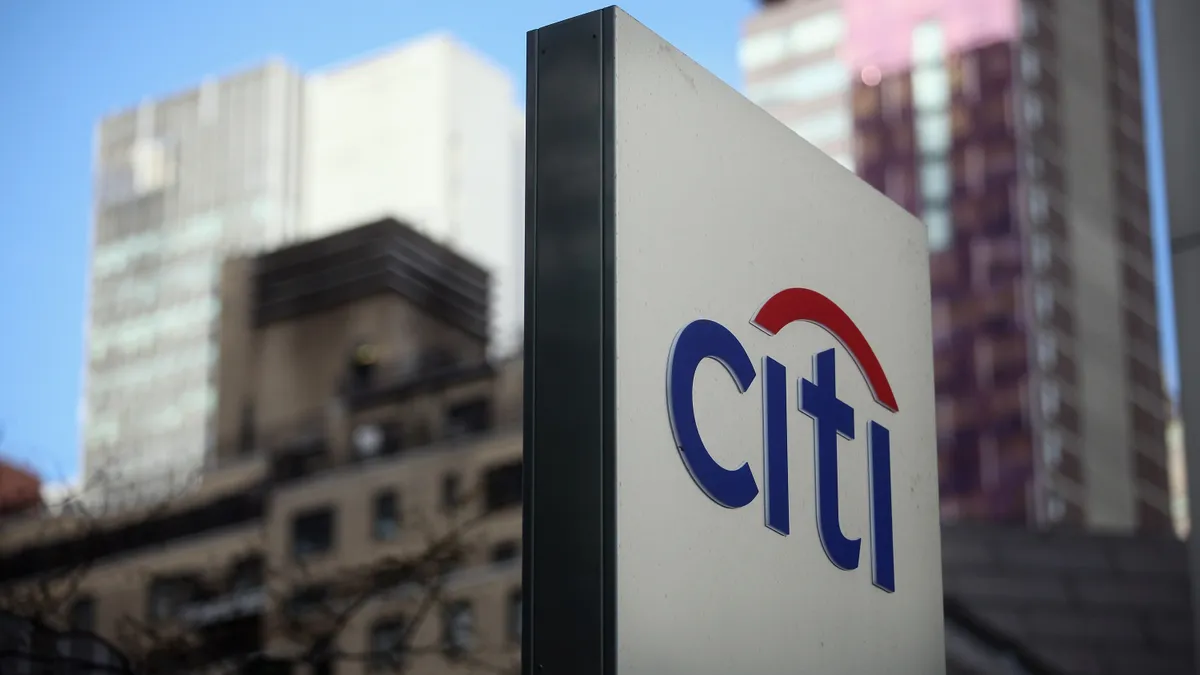In February 2021, Citi failed to convince a district court judge to force creditors of the cosmetics firm Revlon to return $504 million of the money the bank errantly paid on Revlon’s behalf. Citi served as the administrative agent on the loan.
Now Citi is arguing that errant payoff makes the bank one of Revlon’s creditors. File under “If you can’t beat them, join them.”
Citi sued Revlon on Friday in bankruptcy court, arguing the makeup giant should be ordered to reimburse the bank for what Citi couldn’t recoup after it mistakenly sent $900 million of its own money — not Revlon’s — to the cosmetics company’s creditors. The August 2020 transaction represented a full payoff of a 2016 loan that wasn’t due until 2023. That error, Citi asserted Friday in a court filing, “unjustly enriched” Revlon.
Revlon filed for Chapter 11 bankruptcy protection in June, asserting that its debt load left it too cash-poor to make timely payments to vendors.
Citi "was not under an obligation or otherwise responsible for paying off the Revlon Group's debt to the non-returning lenders,” the bank wrote in its filing, according to Law360. “Thus, equity and good conscience militate against permitting the Revlon Group to escape liability for its own debt obligations.”
The bank warned Revlon ahead of time that it would appeal the February 2021 decision and reserve its rights to pursue repayment as an assignee of the creditors who kept their share of the Revlon payoff. Revlon did not object in the moment, and publicly disclosed that Citi was considering subrogation rights, the bank said, adding that Revlon continued to make interest payments to Citi "as if the full amount of the [2016 loan] remained outstanding," according to the filing.
Citi said it was not aware until days before Revlon filed for bankruptcy protection in June that anyone would challenge the bank’s status as a creditor, according to the court filing.
A debtor-in-possession order in Revlon’s bankruptcy financing package “specifically preserves” the rights of the cosmetics company and some of its creditors to object to Citi’s claim, the bank wrote.
Revlon has "no valid basis" to raise such an objection, Citi wrote, according to Law360. And no one from the cosmetics company has sufficiently explained how Citi would have no claims to pursue in Revlon’s bankruptcy case despite paying off a sizable portion of the company’s debt.
As for Citi’s appeal, a Second Circuit panel heard oral arguments in September 2021, but a ruling could take months.
But at least one Wall Street bank is seeing a boost from its stake in Revlon. Morgan Stanley revealed in a filing Monday that it bought 400,650 shares in the cosmetics company in the last financial quarter — a move that sent Revlon’s stock price up 27%, according to Reuters.
Revlon has seen a meme-stock-like bounce of 582% since mid-June, the wire service reported, although the company’s shares remain 30% below where they were a year ago.
Representatives for Revlon did not immediately respond to requests for comment from Law360 or Bloomberg.














